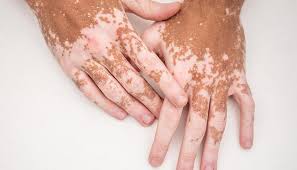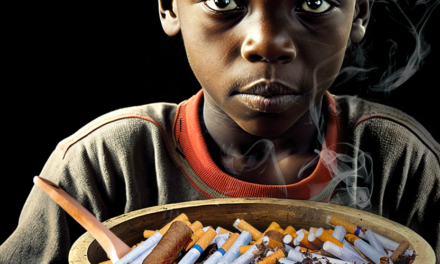Vitiligo, a condition causing white patches on the skin, can have a profound impact beyond physical appearance. Societal stigmas are increasing the risk of depression among the patients, said doctors on World Vitiligo Day, observed annually on June 25 to raise awareness about vitiligo and related issues.
Vitiligo is a skin condition characterized by the loss of skin color in patches. It occurs when melanocytes, the cells responsible for producing melanin (the pigment that gives skin its color), are destroyed or stop functioning. The exact cause of vitiligo is not fully understood, but it’s believed to involve the immune system attacking pigment cells. A combination of genetic, autoimmune, stress, and environmental factors, such as sunburn, are likely to contribute to the condition. It manifests as white patches on the skin, anywhere on the body, sometimes including hair, eyes, and the inside of the mouth.
“Vitiligo can lead to social isolation and discrimination due to the visible changes in skin pigmentation. This negativity from society can significantly impact self-esteem and contribute to feelings of depression,” said Dr. Pankaj B. Borade, Consultant Psychiatrist at Ruby Hall Clinic, Pune, in an interview with IANS.
A recent study published in the Journal of the American Medical Association (JAMA) Dermatology showed that 89 percent of vitiligo patients in India report moderate to high depressive symptoms. The high mental stress among patients was due to the prevalence of a negative perception of vitiligo, revealed the study.
Dr. Borade emphasized that this mental distress can disrupt daily life, affecting everything from social interactions to clothing choices. “The study suggests social stigma might be particularly strong in India, potentially explaining the higher depression rates. The appearance of vitiligo patches can be stressful and affect a person’s body image. This can lead to anxiety, social withdrawal, and feelings of isolation, all of which are risk factors for depression.
“Beauty standards in India that place a high value on fair skin make vitiligo even more challenging for patients,” he added.
Dr. Sunil Kumar Prabhu, Consultant – Dermatology at Aster RV Hospital, stated that while there is no cure for vitiligo, management strategies and regular consultations with a dermatologist can significantly improve the quality of life. “Treatment focuses on restoring color or creating a more even skin tone, with options ranging from topical creams and light therapy to surgical procedures in severe cases,” he explained, adding that sun protection, stress reduction, and avoiding skin injuries are key ways to prevent further complications.
As World Vitiligo Day sheds light on the challenges faced by those with vitiligo, it also serves as a call to action to combat the stigma associated with the condition. Greater awareness and understanding can help reduce the psychological burden on patients, promoting a more inclusive and supportive society.












